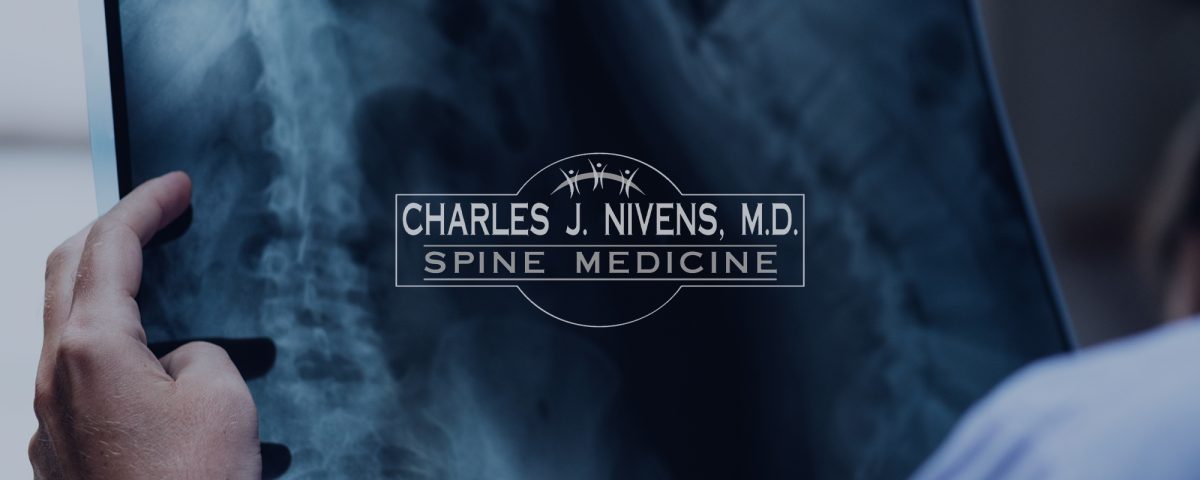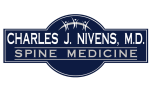
Frequently Asked Questions About Spine Treatments
What You Need to Know Before Choosing Surgery
At Nivens Spine Medicine, we understand that spine pain can feel overwhelming—physically, emotionally, and mentally. Whether you’re facing chronic discomfort from a herniated disc, sciatica, or degenerative disc disease, you may be wondering: Is surgery my only option? Fortunately, the answer is often no.
We believe in educating and empowering our patients. That starts with answering your most pressing questions—clearly, compassionately, and based on decades of expertise in non-surgical spine care. Below, we’ve compiled some of the most frequently asked questions we hear in our Bluffton clinic.
Do I really need surgery for my back pain?
Not necessarily. While surgery is sometimes necessary, many spine conditions can be successfully treated with non-surgical or minimally invasive options. At Nivens Spine Medicine, we focus on conservative therapies first—carefully designed to reduce pain, restore function, and help you return to daily life without going under the knife.
We often see patients who were told surgery was their only option, only to find significant relief through advanced, non-surgical treatments like radiofrequency ablation, epidural injections, or the MILD procedure.
What non-surgical treatment options are available at Nivens Spine Medicine?
We offer a wide range of evidence-based treatments, including:
- Radiofrequency Ablation (RFA): Uses heat to reduce pain signals from nerves.
- Peripheral Nerve Stimulation (PNS): A small device placed under the skin to disrupt pain signals.
- MILD Procedure (Minimally Invasive Lumbar Decompression): Removes excess tissue to relieve pressure on spinal nerves.
- Targeted Injections: Such as various joint injections and nerve blockers.
- Rehabilitation Plans: Designed to strengthen areas of weakness and prevent recurrence.
Each plan is very personalized after a detailed evaluation by one of our doctors, which may include imaging, a physical exam, and a discussion of your lifestyle and goals.
How do I know which treatment is right for me?
Every patient is unique. At your first consultation, we take time to truly listen—to your symptoms, your concerns, and your health history. From there, we build a customized care plan that targets the root of your pain rather than just managing symptoms.
Dr. Nivens and Dr. Sarb bring decades of experience in spine and pain management to each case. Their goal? To offer relief that’s effective, lasting, and as minimally invasive as possible.
Will I still be in pain after treatment?
Many patients experience significant pain relief—even after years of suffering. While no treatment can guarantee 100% elimination of pain, the right therapy can dramatically reduce discomfort, improve function, and enhance your quality of life.
We focus not just on pain relief, but on helping you move better, sleep better, and live with greater ease. We’re here to help you enjoy life pain-free.
How long is the recovery time?
That depends on the treatment. Many of our procedures are done in-office with minimal downtime. For example, patients who undergo radiofrequency ablation or targeted injections often return to normal activity within a day or two.
Because we avoid invasive surgery whenever possible, most of our patients enjoy shorter recovery periods and fewer risks compared to traditional surgical routes.
What if I’ve already had spine surgery? Can I still get treated here?
Absolutely. We often treat patients who’ve had prior surgeries but are still experiencing pain, which is very common. In many cases, our therapies can address residual issues or related joint and nerve pain—even years after a procedure.
Our approach is integrative and forward-looking. We meet you where you are and tailor care to support your next phase of healing.
Is spine pain always caused by a serious condition?
Not always. While spine pain can be associated with structural issues like disc herniation or spinal stenosis, it can also stem from muscle imbalances, joint inflammation, nerve irritation, or lifestyle factors like poor posture and prolonged sitting. The important thing is to not ignore persistent pain. A proper diagnosis allows us to identify the true cause—whether it’s something simple or more complex—and guide you to the right solution.
Can spine issues affect other parts of my body, like my legs or arms?
Yes, and this is more common than people realize. Many spine-related conditions, especially those involving nerves, can cause radiating pain, numbness, or weakness in the arms, hands, legs, or feet. For example, a pinched nerve in the lower back may cause sciatic pain that travels down the leg. Our diagnostic approach looks at the full picture to determine where the pain originates and how it’s affecting your overall function.
How can I prevent my spine condition from getting worse?
Prevention is a key part of our care philosophy. Alongside treatment, we often develop maintenance plans that include customized home exercises, ergonomic guidance, posture coaching, and sometimes nutritional recommendations to reduce inflammation. Early intervention and regular follow-up can go a long way in preventing future flare-ups or the need for more aggressive treatment down the line.
Let’s Talk—We’re Here for You
At Nivens Spine Medicine, we’re more than a clinic—we’re your partner in healing. If you’ve been told surgery is your only option, or if you simply want a second opinion from a team that prioritizes non-invasive solutions, we invite you to schedule a consultation today.
Dr. Charles Nivens and Dr. Barbara Sarb are here to help you reclaim mobility, reduce pain, and regain confidence in your body—with treatments that reflect the latest in spine medicine, delivered with heart.
Have more questions?
Call us or book your consultation online. We’re ready to help you take the next step—without surgery.
